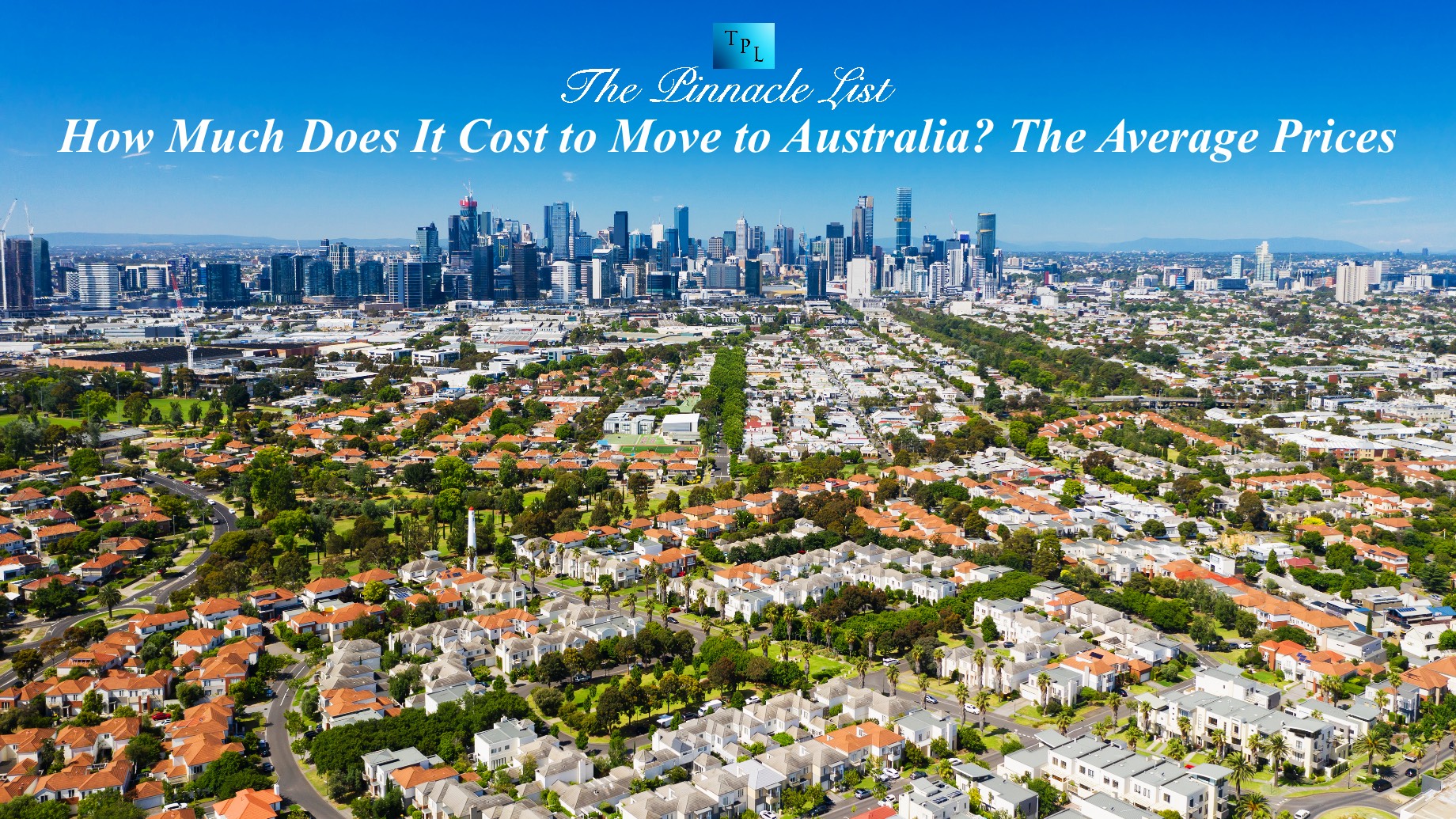
Are you considering moving to the land down under? With its stunning beaches, vibrant cities, and laid-back lifestyle, Australia is an attractive destination for many. However, before making the big move, it’s essential to understand the costs involved. In this article, we’ll break down the average prices for housing, education, healthcare, transportation, and utilities in Australia.
Housing Costs
Housing is typically the biggest expense when moving to a new country, and Australia is no exception. The median house price in Australia’s combined capital cities is now $956,782, while the median unit price is $659,941. However, prices vary significantly by location. Sydney and Melbourne have the highest housing costs, with median house prices of $1,139,375 and $778,892, respectively. More affordable options can be found in smaller cities like Adelaide, where the median house price is $734,173.
Renting is a popular option for those not ready to buy. The average weekly rent for a house in Australia is $480 (US$360), while the average weekly rent for a unit is $420 (US$315). Again, prices vary by location, with Sydney and Melbourne being the most expensive rental markets.
Education Costs
If you’re moving to Australia with children, education costs will be a significant consideration. Public schools are free for Australian citizens and permanent residents, but temporary residents may need to pay fees. Private school tuition can range from $20,000 to $45,000 per year.
For those pursuing higher education, the average annual tuition for an undergraduate degree ranges from $20,000 to $45,000 (US$13,675 to US$30,769). Postgraduate degrees can cost between $22,000 and $50,000 per year (US$15,045 to US$34,192).
Healthcare Costs
Australia has a universal healthcare system called Medicare, which provides free or subsidized medical services to citizens and permanent residents. However, out-of-pocket costs can still add up. The average out-of-pocket fee for a non-bulk billed specialist visit is $98, while obstetric services average $303 per visit14. Private health insurance can help cover some of these costs but premiums vary widely.
Transportation Costs
Transportation costs will depend on your location and lifestyle. Public transportation is a popular option in larger cities, with a monthly pass costing around $191 (US$127). Owning a car will be more expensive, with the average price of gasoline at $1.93 per litre (US$1.07). Car prices also tend to be higher in Australia compared to other countries.
Utility Costs
Utility costs in Australia can vary depending on your location, usage, and provider. On average, expect to pay around $200 (US$150) per month for electricity, gas, and water3. Internet and phone plans will add another $70 to $120 per month (US$39 to US$66.86).
Conclusion
Moving to Australia is an exciting prospect, but it’s important to be prepared for the costs involved. While housing, education, and healthcare can be expensive, there are ways to manage your budget. Consider your location carefully, as costs can vary significantly between cities. And remember, while the cost of living may be high, the quality of life in Australia is often considered one of the best in the world.